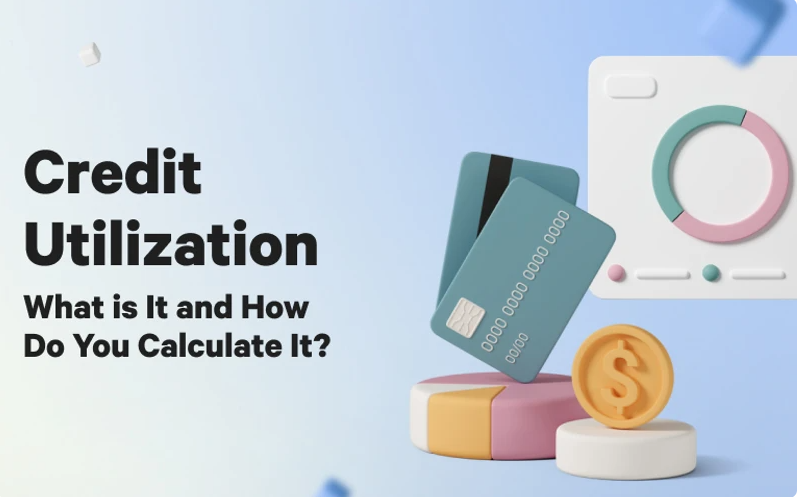How Credit Utilization Impacts Your Financial Future
When it comes to building a strong credit profile, most people focus on paying bills on time. While that’s crucial, there’s another factor that can quietly make or break your credit score: credit utilization.
Understanding how it works and keeping it in check can save you money, open doors to better financial opportunities, and set you up for long-term stability.
What Is Credit Utilization?
Credit utilization is the percentage of your available credit that you’re currently using.
Formula:
Credit Utilization=Total Credit Card BalancesTotal Credit Limits×100\text{Credit Utilization} = \frac{\text{Total Credit Card Balances}}{\text{Total Credit Limits}} \times 100
Example:
If you have a total credit limit of $10,000 and your balances add up to $3,000:
3,000÷10,000=0.30 or 30%3,000 \div 10,000 = 0.30 \; \text{or} \; 30\%
This means you’re using 30% of your available credit.
Why Credit Utilization Matters
Credit utilization makes up roughly 30% of your FICO credit score—one of the most important scoring factors after payment history.
A low utilization rate signals to lenders that you manage credit responsibly.
A high utilization rate can make you look overextended, even if you’re making payments on time.
How It Impacts Your Financial Future: How Credit Utilization Impacts Your Financial Future
-
Loan Approval Chances
Lenders often check utilization when you apply for a mortgage, car loan, or personal loan. High usage can lead to rejections or stricter terms. -
Interest Rates on Loans and Credit Cards
A higher score (helped by low utilization) usually means lower interest rates—saving you potentially thousands over the years. -
Credit Card Limit Increases
Responsible usage can lead to higher limits, which in turn can lower your utilization even more. -
Financial Flexibility
Lower utilization means more available credit during emergencies, giving you a safety net without damaging your score.
What’s the Ideal Credit Utilization Rate?
Most experts recommend keeping it under 30%, but if you want top-tier credit, aim for under 10%.
Tips to Lower Your Credit Utilization: How Credit Utilization Impacts Your Financial Future
-
Pay balances early – Make payments before the statement date to lower the reported balance.
-
Request a credit limit increase – Just avoid increasing spending along with it.
-
Spread out expenses – Use multiple cards instead of maxing out one.
-
Pay more than the minimum – Helps reduce your balance faster.
The Bottom Line on How Credit Utilization Impacts Your Financial Future
Credit utilization may seem like a small detail, but it has a big impact on your financial future. By keeping your usage low, you not only protect your credit score but also open doors to better loan approvals, lower interest rates, and greater financial freedom.
In other words, using less of your available credit today could mean paying less—and living better—tomorrow.


